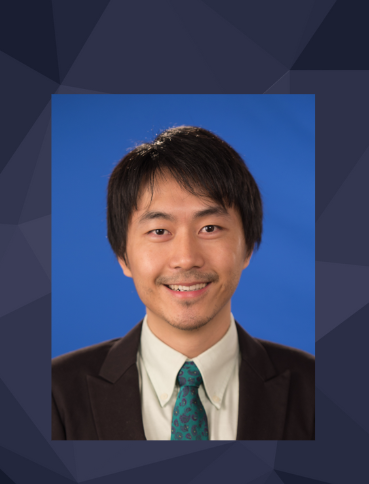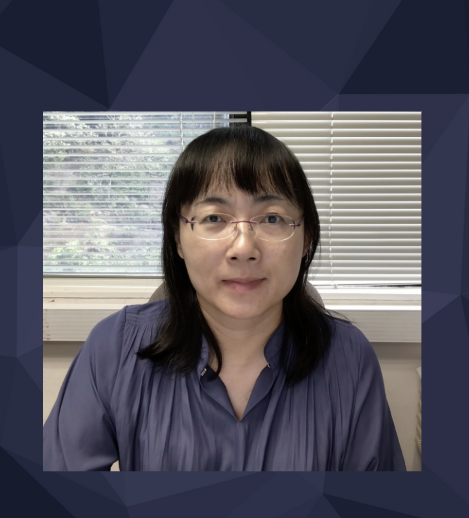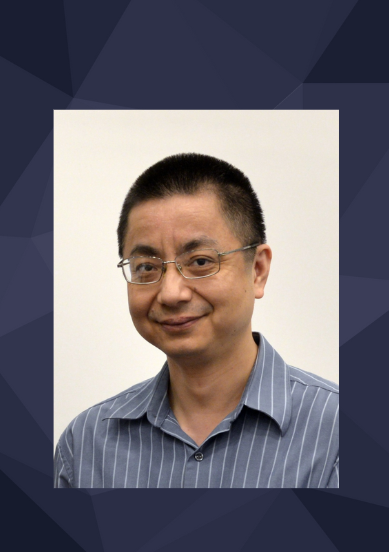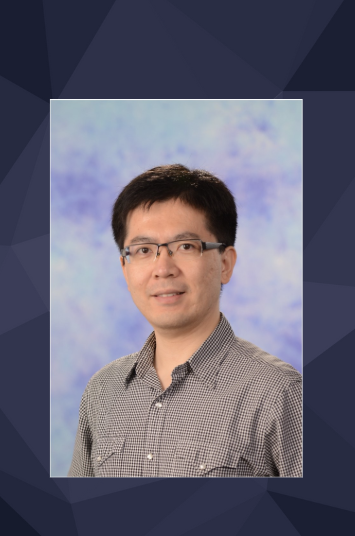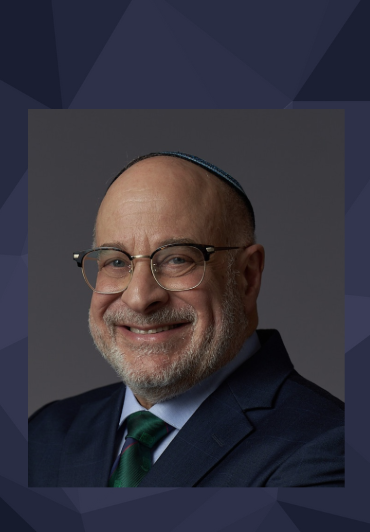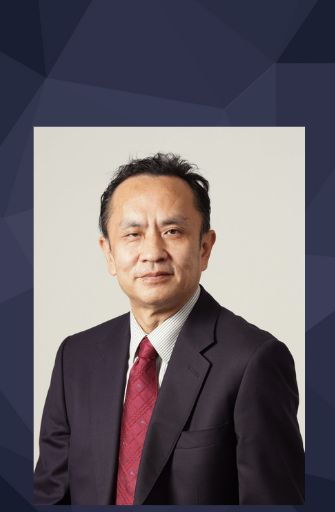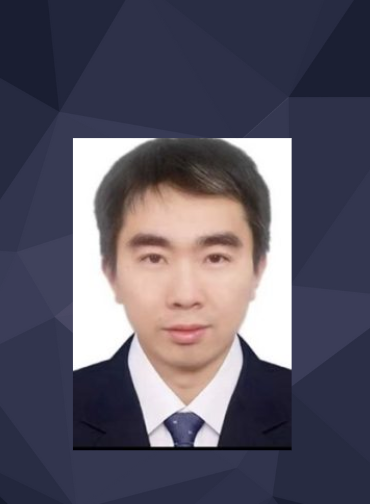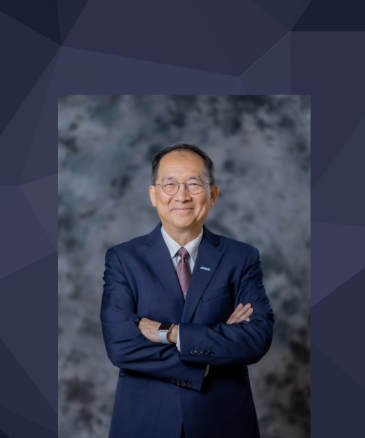TechTalk – A Healthy Building is A Prerequisite and Mandatory for Achieving Sustainable Growth
January 7, 2025 (Tuesday) 2:30-3:30pm
The Healthy Buildings term was defined more than 40 years ago. It is relevant to ask whether it is still valid today in the present form and whether it needs any revisions and supplements, considering many changes and new challenges. This presentation will discuss the original definition and outline these new challenges, for example, resilience, monitoring, economic implications, and consequences of climate change and the pandemic risk. Some solutions will be presented with support from new research studies; the potential risks of the undertakings will also be discussed. One crucial issue discussed will be the inclusion of the need for healthy buildings in the decarbonization processes as an essential element of achieving sustainable development.


